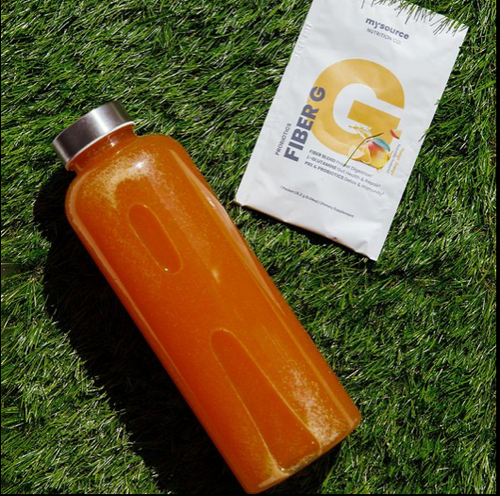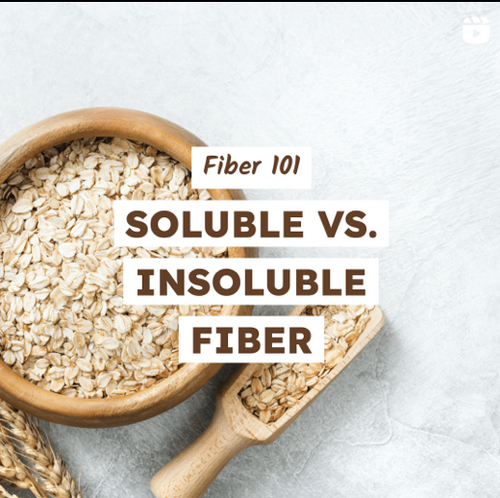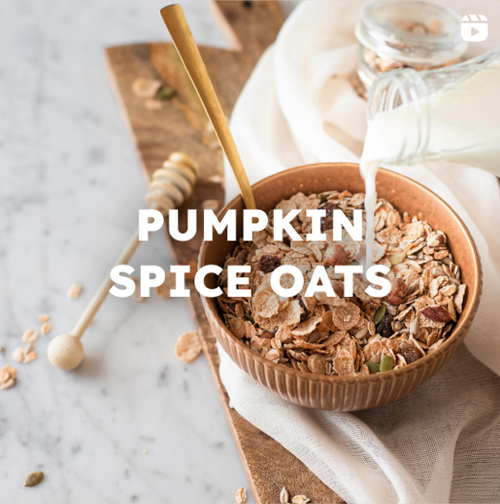#1: Chronic stress
When you are stressed, your stomach is affected too. In fact, your gut and brain are in constant close communication via the “Gut-Brain Axis”. Feelings of stress and anxiety activate the sympathetic nervous system. The sympathetic nervous system is our flight-or-fight response: it prepares the body to protect itself against potential danger by conserving bodily functions that aren’t immediately needed for survival. That includes digestion. The emptying of the stomach is delayed, which can lead to constipation, indigestion, heartburn, bloating and nausea. As the stomach is slowing down, stress causes increased motor function in the large intestine. So at the same time that you’re stressed, you might experience bowel urgency or diarrhea.
Unfortunately, this can become a vicious cycle: experiencing these digestive issues can cause you to feel even more stressed. And repeated stress can lead to gastrointestinal issues or exacerbate issues that are already there.
Ways to alleviate stress and calm your stomach
Focus on performing activities that activate the parasympathetic nervous system and help your body relax. For example, Yoga or performing deep breathing exercises are great tools to calm your mind and activate your body's rest and digest response.

#2: Sugary & ultra-processed foods
STICK TO WHOLE, REAL FOOD! Your diet is the most important factor when it comes to promoting a healthy gut and diverse microbiome. Diversity is achieved through a varied diet, rich in nutrients and based on plants and whole foods. Processed foods, preservatives, and food additives harm our gut microbiome and overconsumption of fast food can affect the gut microbiome in the following ways:
- Inflammation: Fast food is usually high in fat and low in fiber, which can throw off your gut health and microbiome balance. This can reduce the growth of good bacteria that produce beneficial short chain fatty acids like butyrate, known to play a role in reducing inflammation. They are loaded with excess sodium, hidden sugars and unhealthy fats
- Metabolism: Studies show that high-fat diets alter the gut microbiome, in turn, affecting our metabolism. The gut microbiome may be linked to how energy is extracted from our food and how fat is stored
- Immune system: Fast food not only affects your gut health but has also been found to negatively affect our immune system. What we eat affects our gut microbiome which interacts with our immune cells in our gut. Eating fast food increases our consumption of fat, salt and sugar which can cause inflammation and poor immune function
Try to limit your consumption of the following: foods high in sugar, cereals, bread, foods high in fat, salt and white flour, and diary. Also, try to stick to water for the most part, black coffee or tea. Stick to foods that are whole, unpacked and nutrient dense. High-fiber fruits and vegetables, lean proteins, nuts and seeds, as well as, whole grains fuel your gut and support healthy gut bacteria to thrive.

#3: Not drinking enough water
Water-We all know that we should be drinking adequate amounts of it and yet most people still have a very hard time staying hydrated throughout the day. In case you need a reminder: Hydration is a key component in digestive health and it also affects almost all of the major systems in the body. Not only does water help to break down the food you eat, but it also allows the nutrients to be absorbed by your body and removes waste and toxins through the digestive tract. In other words, water helps to keep things moving. If you struggle with bloating, constipation, or other gut related issues, pay closer attention to your daily water intake. Also keep in mind that other factors such as physical activity, excess amount of caffeine and alcohol can further promote dehydration.
How much water is recommend per day?
The U.S. National Academies of Sciences, Engineering, and Medicine determined that an adequate daily fluid intake is:
- About 15.5 cups (3.7 liters) of fluids a day for men
- About 11.5 cups (2.7 liters) of fluids a day for women
However, keep in mind that depending on your daily activity levels, the environment you live in and other genetic related factors, may require you to consume more water than recommended. Typically your body will give you indications (dark urine, headaches, lack of energy, thirst etc.) when you are dehydrated and more fluid is needed.
Ways to alleviate stress and calm your stomach
If plain old water doesn’t excite you, try adding some natural flavoring into your water. For example, consider adding fresh berries, lemon or mint can be a great way to add some flavor and may help to stimulate your thirst. Another helpful way to boost your hydration levels is to consume foods that are rich in water. Examples include cucumbers, strawberries, watermelon, lettuce, spinach and tomatoes. Whatever trick works for you, be consistent until it becomes effortless and after a few weeks you will notice that your body will start to crave more water.

#4: Lack of exercise
Daily activity does not only help you to maintain your weight and make you physically stronger, but it also benefits your digestive system. During exercise, our intestines naturally contract and pass waste through our system. Cardiovascular workouts, stretching, yoga, and weight lifting are all ideal ways to get moving.
Furthermore, a number of studies indicate that participants who implemented a steady workout program improved the diversity and number of healthy microbes in their gut after just six weeks. Similarly, they found that the gut reverted back to its prior state after another six weeks of sedentary behavior. This outcome demonstrates that exercise does have a significant impact on your gut and its diversity. Try to incorporate a minimum of 30-40 minutes of strenuous activity into your daily routine.

Sources:
- Naidoo, U. (March 27, 2019). “Carrots 101: Nutrition Facts and Health Benefits.” Healthline. www.health.harvard.edu/blog/gut-feelings-how-food-affects-your-mood-2018120715548.
Welcome to MySource Nutrition
We are happy to welcome you to our community. Say goodbye to occasional constipation, bloating, sugar cravings and other gut related issues with MySource's Fiber G.







